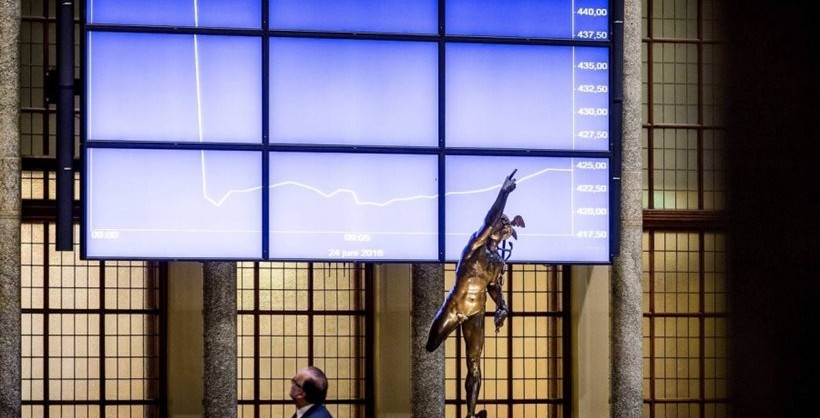There are rising concerns among economists that the ‘Brexit’ could adversely affect investor and business sentiment resulting in a fall of consumer confidence across the continent. The world and financial markets were shocked by Britain’s decision to leave the EU on Friday’s referendum, but analysts believe the impact of the decision could take some time to be felt.
Pundits fear the ‘Brexit’ could throw Europe and the UK into a recession and possibly trigger a precipitous fall of the UK sterling, which would lead to a the economy slowing down considerably. This means the Bank of England would be forced to raise interest rates, hampering the economy’s recovery.
As analysts says, a slumping British economy in conjunction with volatility in the rest of the markets would hurt exports and business confidence in the other European markets, with German industries expected to bear the brunt of the consequences. However, some analysts believe the harm could be limited if the ‘divorce’ between the EU and the UK happens smoothly. A Citi report says the global economy is already fragile, and has become even more so today.
The political repercussion is also expected to be significant, as anti-EU parties in EU counties like France and the Netherlands are already calling for referendums, a trend that could catch on in more member states. Economist Megan Greene of Manulife said the Brexit in itself might not be a disaster for the global economy, but it could lead to the disintegration of the EU.
Meanwhile, the G7 announced they were closely following the developments in the volatile currency exchange markets and were prepared to intervene if necessary, in an effort to avert greater turmoil.
Japanese Finance Minister Taro Aso expressed considerable fears about the impact the ‘Brexit’ could have on the global economy, as well as the credit and currency markets. Despite market turmoil following the results of the UK referendum, many financial analysts believe the ‘Brexit’ is not comparable to the 2008 collapse of the Lehman Brothers and thus would not lead to a global economic crisis.





































